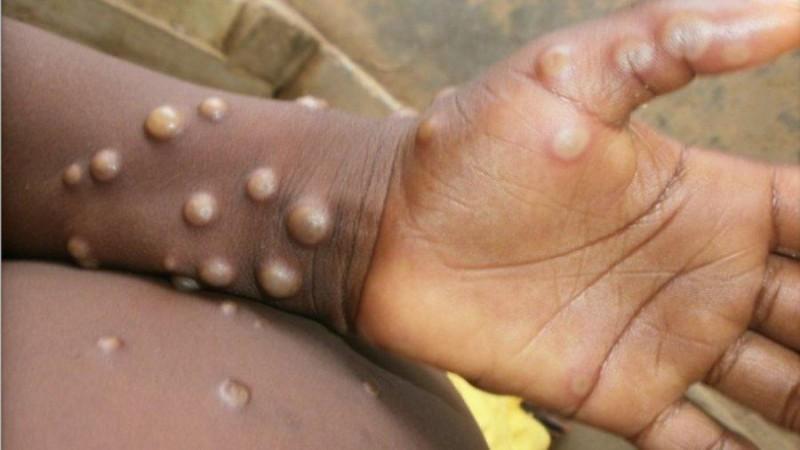Hungarian health authorities have confirmed the country's first case of monkeypox in a 38-year-old man.
The disease does not spread easily, only through close contact, said the chief medical officer Cecilia Muller in a press conference on Tuesday.
The disease lasts for two to four weeks and can spread more easily in immuno-compromised patients and pregnant women, she was quoted by Xinhua news agency as saying.
Muller noted that the infected have to be isolated during their convalescence.

"We need to pay attention to these cases, to set up an early diagnosis. We need to follow the symptoms. If anyone has a suspicion of illness, please go see a doctor," she said.
While monkeypox is primarily found in the tropical rainforest areas of central and west Africa, it has been increasingly identified in non-endemic countries. The World Health Organization has confirmed that there are 257 confirmed monkeypox cases and 120 suspected cases in 23 countries where the virus is not endemic.
The WHO warned on Tuesday that the potential for further transmission in Europe and elsewhere this summer is high.

Spain confirms 12 more monkeypox cases:
The Spanish Ministry of Health has confirmed 12 new monkeypox cases, raising the total caseload to 132.
Spain, followed by the UK, becomes the country with the most detected cases of the disease in the current outbreak, Xinhua news agency reported.
Although the health ministry did not detail the origin of the positive cases, at least 96 were from the Madrid Region, while six are from Canary Islands, nine from Catalonia, three from the Basque region, four from Andalusia and one each from the Autonomous Communities of Aragon and Galicia.
All of the patients are reported to suffer from mild symptoms and are being isolated at home.
According to the World Health Organization, monkeypox virus is transmitted from one person to another by close contact with lesions, body fluids, respiratory droplets and contaminated materials such as bedding.









!['Had denied Housefull franchise as they wanted me to wear a bikini': Tia Bajpai on turning down bold scripts [Exclusive]](https://data1.ibtimes.co.in/en/full/806605/had-denied-housefull-franchise-they-wanted-me-wear-bikini-tia-bajpai-turning-down-bold.png?w=220&h=138)



